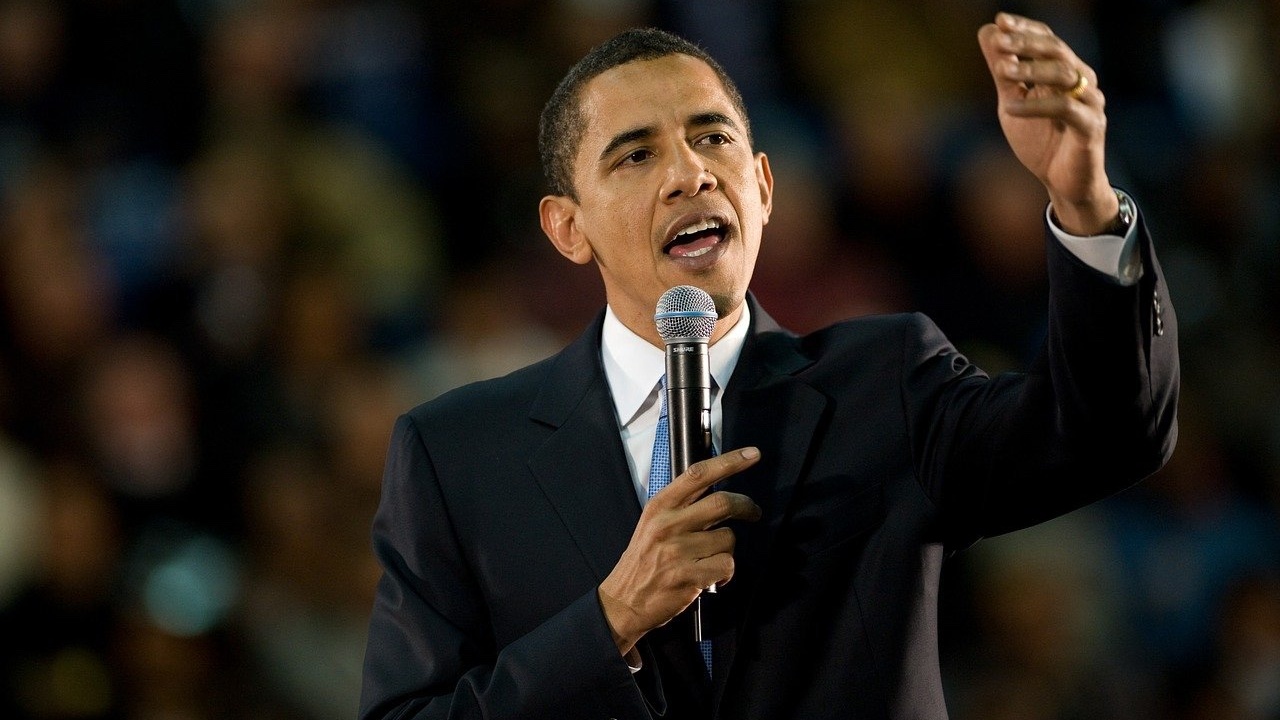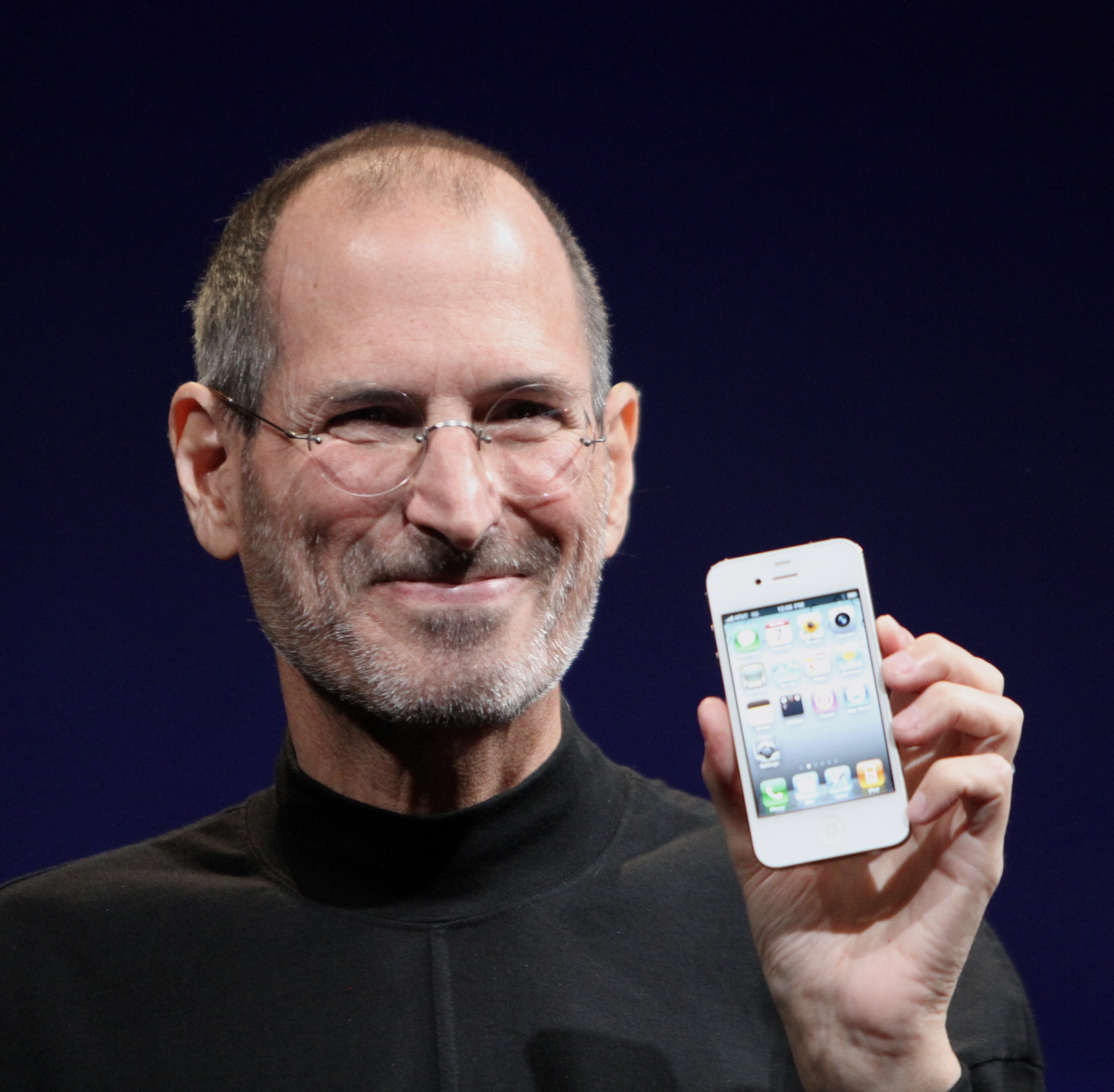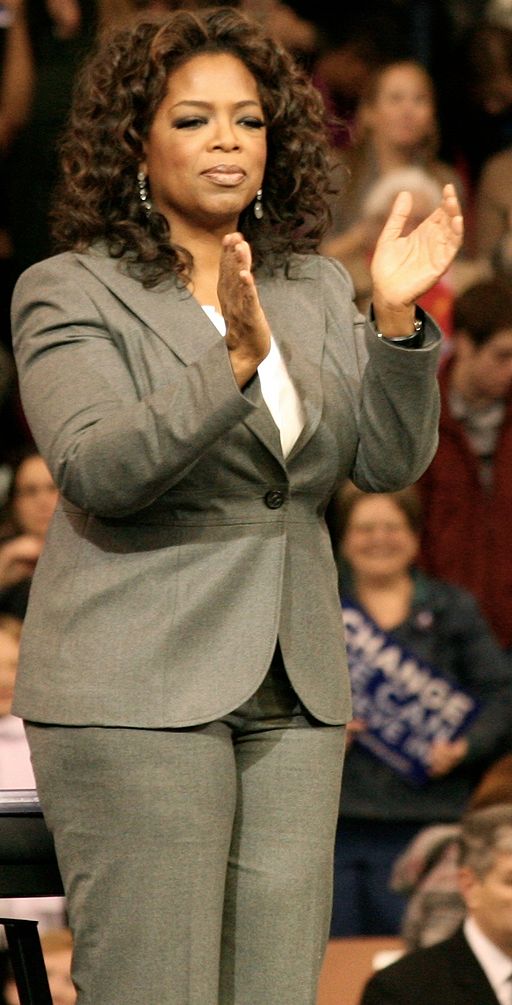Secrets of the world’s best public speakers
Aug 19, 2021
There is no doubt that great public speaking is a true art-form. We usually recall public speaking or presenting ‘fails’ first, but we guarantee that the impact made by a truly great speech, presentation or interview stays stays with you for years.
Being a great orator is essential for those in power, but we know that this often isn’t the case. Some of the best include Barack Obama, Winston Churchill, John F Kennedy, Jacinda Ardern and of course Martin Luther King – who were all known for their composed, meaningful and impactful speech.
So how do they do it? Well, the first secret is no secret at all – they are trained, they have great speech writers and they practice. Here at The Communications Works, you’d expect us to say that. After all, this is exactly what we deliver to our clients, who use us to help prepare spokespeople and their organisations to deliver great messages to the media and the public. We couldn’t stress it more. Just like an Olympic athlete in a race, there are no shortcuts when it comes to being a great public speaker.
Of course, experience helps – the more you do anything, the more comfortable you are delivering the action. You learn with experience what works and what doesn’t. You learn what to emphasise and where to pause. When to expect a laugh and what happens when you don’t get one. Like most things, we only ‘know’ when we ‘do’ - so if public practice through experience isn’t an option, there are lessons we can learn from the best in the world.
Steve Jobs
The late Steve Jobs was extraordinarily good at product presentations for Apple. As the company grew to unicorn status, millions around the globe would tune in to his launch updates. It’s interesting to think that he wasn’t a brilliant orator, but he was a superb public communicator. He nailed the art of storytelling to keep the fans in the palm of his hand as he revealed the ‘next big thing’. But one of Jobs’ strengths when it came to public speaking, is something you can absolutely learn to do yourself.

Image - Matthew Yohe
Less is more... When speaking on a subject, we are passionate about, it’s easy to use too many superlatives and adjectives, especially when describing products and their perceived benefits. Jobs never did this, he saved them for impact. Words like ‘new’ or ‘revolutionary’ are often superfluous (your audience knows it’s new), and overuse can dilute the message and be counterintuitive to your objectives. Jobs used fewer words, and the ones he did use became far more intentional, and therefore resonated with the audience.
Steve Jobs is a great example of a terrific public speaker, and his methods are a useful example to study. In modern life, many of us are far more likely to be giving presentations at work than addressing a nation outside a public office.
Jobs spent more time practicing using fewer words.
Oprah Winfrey

Image - Vargas2040
The actress, broadcaster and businesswoman famously delivered a rousing speech at the 2018 Golden Globe Awards, bringing the audience to its feet. The speech, on the issue of equality, after collecting her lifetime achievement award was both masterful and stirring. So often, Winfrey, whether in her broadcast monologues, introductions or speeches, does one thing. It’s also one thing that’s so important for modern leaders to use in our ‘new world order’ - Oprah casts a vision...
Storytelling in public speaking is obviously not a unique or novel concept, but in a post-pandemic world, your vision as a leader is something people are looking for. Sharing a positive and ‘future-focused’ message is vital when trying to inspire or empower an audience. With a variety of rhetorical devices, mastery of pace, eye contact with the audience and a circular story that is relevant and emotional, Oprah casts a vision. She tells a tale that usually educates and motivates when she addresses an audience.
Barack Obama
Politics aside, the former President of the United States is renowned for his public speaking, and one particular tactic became his signature. He mastered the art of the pause.
For some, pausing during speeches or presentations may feel like you have forgotten what to say, or have lost your train of thought. Well-practiced, it’s actually the opposite. A well-timed pause leaves your audience with a moment to consider what you have just said, or, to add significance and gravitas to what is coming next. Embracing silence also shows confidence, and Obama’s cool, calm demeanor has just that. Obama was known to stay up all night when writing a big speech, and there is no doubt that just as much time was spent on practicing those pauses.
Public speaking is famously one of the biggest human fears. It's something that no spokesperson or organisational leader can avoid – either via the media, virtually online or face-to-face. At The Communications Works we offer training and coaching via our media, journalists and PR professionals all with global, top-tier experience. Preparation and confidence in your message is crucial to a successful outcome for your brand or organisation. We can help with delivery and message creation for spokespeople and heads of organisations. Download our brochure here or get in touch for a bespoke quote to meet your media training needs.
FREE DOWNLOAD
THE ULTIMATE ONLINE PRESENTATION CHECKLIST
Online presentations might look easy, but they are actually harder than they appear. In this essential guide we share with you our tried and tested techniques to master your online presentations.


